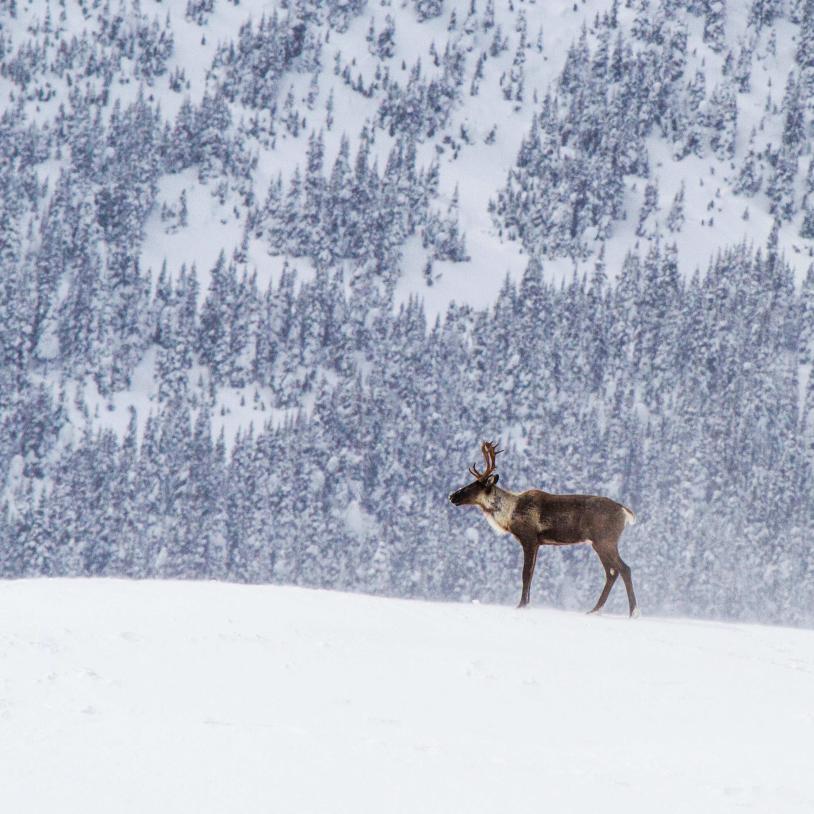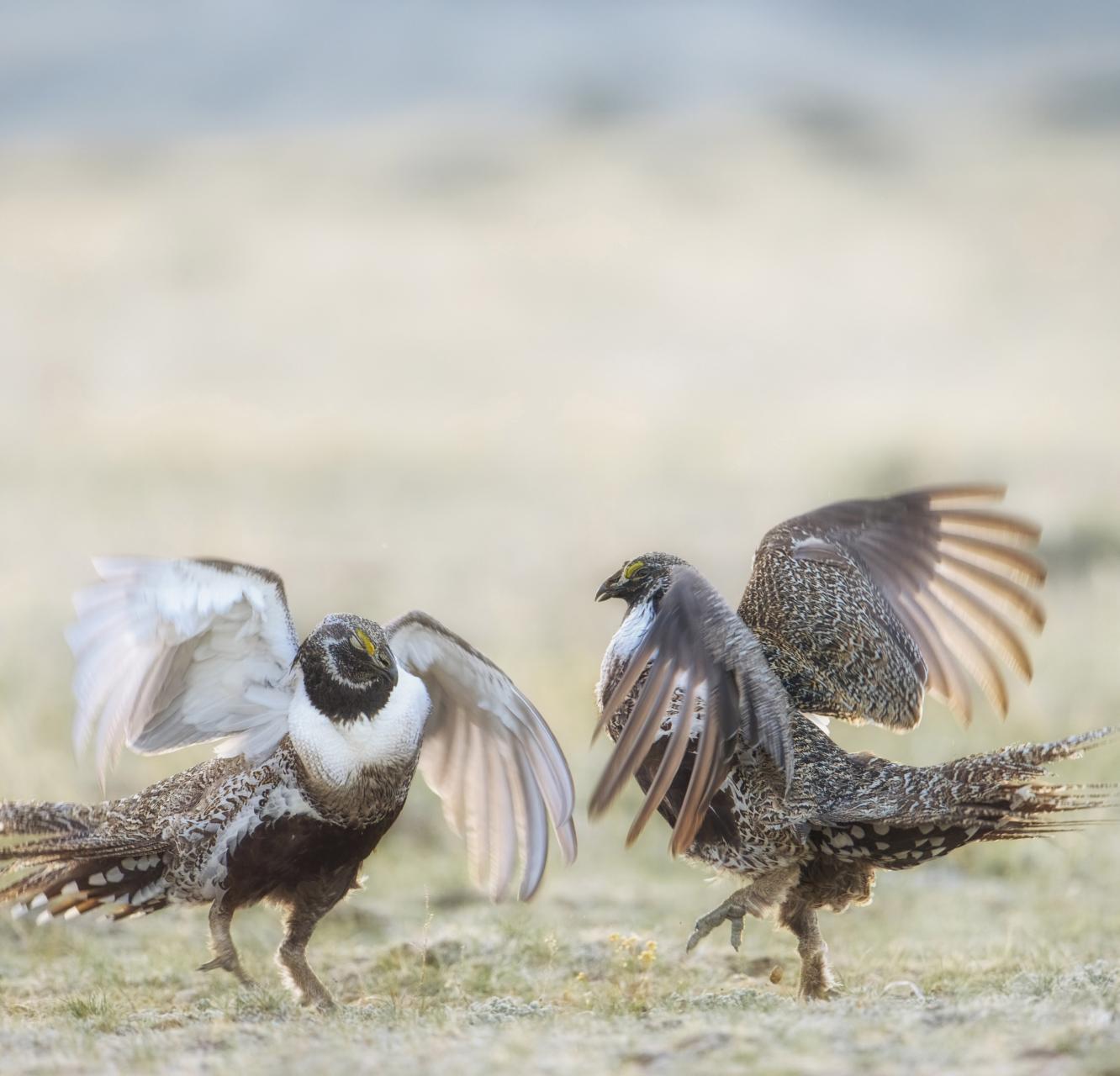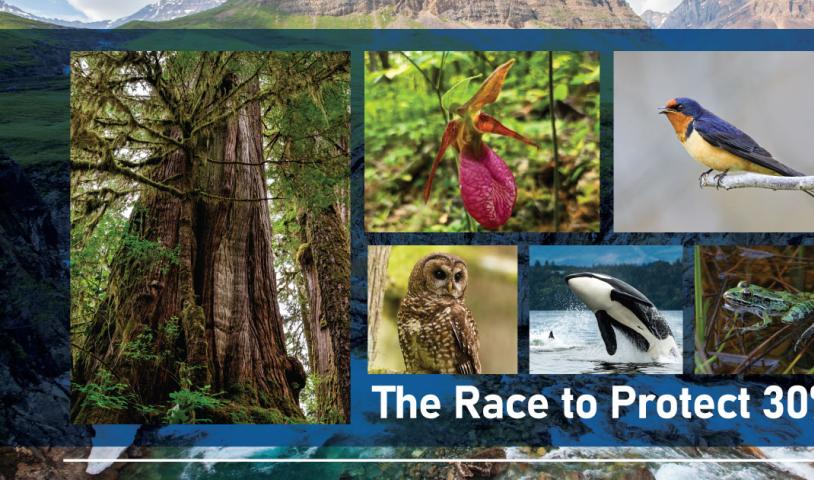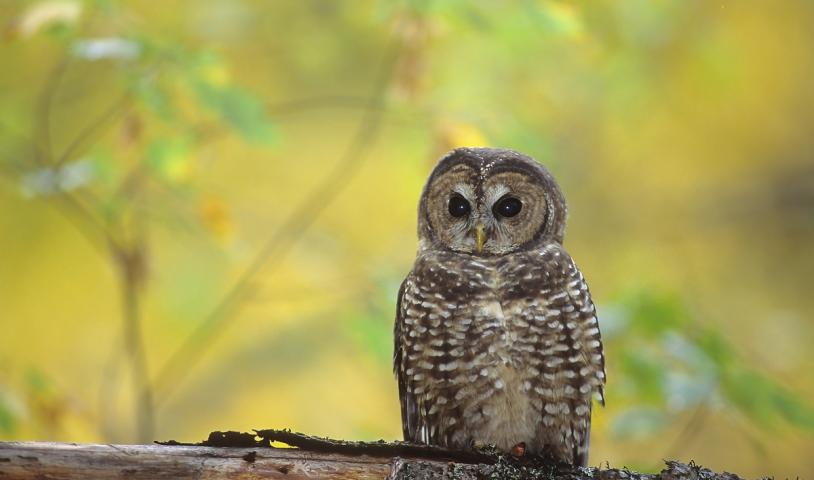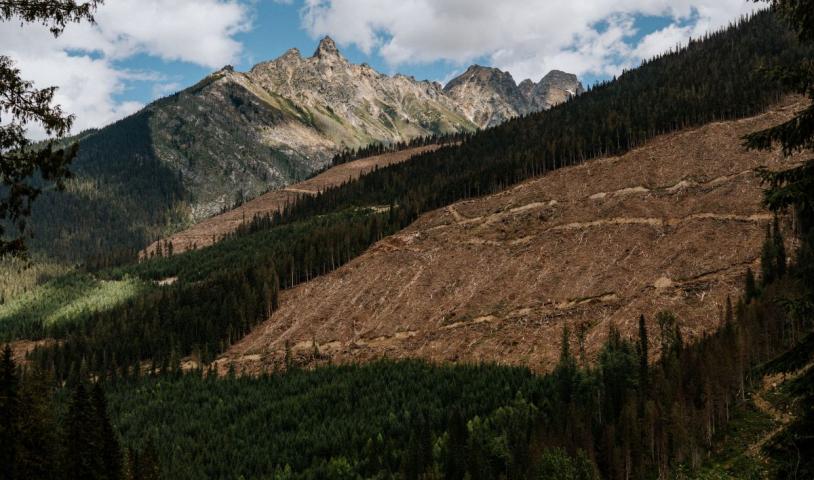We must protect our oceans before it’s too late
Friday, June 4, 2010Living on B.C.’s coast allows us to experience the beauty of the Pacific Ocean pretty much whenever we want. Where else would you get to experience the thrill of having a grey whale pass by your office in False Creek?
Extraordinary whale sightings aside, we are incredibly lucky to live next to one of the world’s most bountiful oceans. B.C.’s coastal waters are home to over 6,000 species—many unique to the region—which is almost four percent of the world’s total marine species. These marine critters range from the cute (like the harbour seal) to the curious (Orange Peel Nudibranch) to the slightly frightening (moray eel).
Our ocean is also home to some of our most iconic and beloved species: orcas, humpback whales, sea otters, and salmon. And then there are all the sea creatures we love to eat: oysters, mussels, prawns, tuna, halibut—the list goes on.
Our world relies on our oceans for so much. The oceans feed us. They regulate global temperature. The oceans store carbon dioxide while the plants and algae that call them home provide a huge amount of the oxygen we breathe.
The oceans are fundamental to maintaining life on Earth. We all know this but we seem to have a hard time treating them with the respect they deserve.
We are over-fishing at an alarming rate. Since the ’70s, the amount of fish we eat has doubled. As this has happened, fish stocks worldwide have taken a big hit. Over 90 percent of large predatory fish, like tuna and salmon, have already disappeared.
The ways we fish are also damaging the marine food web. Conventional fishing kills a lot more then just the targeted fish species that are hot items on the market. Fish and marine mammals that are caught unintentionally are often tossed aside as bycatch, a practice that annually kills many thousands of dolphins, sea turtles, and other threatened species. Such waste is inexcusable.
Many methods of fishing also result in large-scale habitat destruction, like dredging the ocean bottom to harvest scallops.
There are more things we humans do to further degrade and destroy marine habitat. Pollution from pesticide run-off, the effluent from fish farms, and sewage treatment all send toxic waste into the oceans. Not to mention the Great Pacific Garbage Patch—a giant plastic island in the middle of the ocean formed from our discarded plastic water bottles, bags, and balloons that disappear into the sky
And now there is the oil spill in the Gulf of Mexico. The scale of the environmental disaster caused by oil giant BP is astonishing. Over 5,000 barrels a day are being pumped into a sensitive marine ecosystem with no sign of when they will be able to stop it. You can get a sense of scale by viewing a map of the spill superimposed over Vancouver.
Meanwhile, at the very moment of the largest oil spill in U.S. history, we here in B.C. are thinking about opening up our majestic coast to oil tankers. We continue to put more stress on marine systems with industrial fish farms that spew toxins into the waters, and transfer diseases like sea lice to wild stocks.’
World Oceans Day is this Tuesday (June 8). It is a day to take a stand for one of the most incredible resources we have.
We know what we need to do. Campaigns to stop whaling and shark fishing are critical steps to protecting vulnerable species at the top of the food chain. Expanding a fishing ban to key at-risk species such as bluefin tuna is also an important step forward.
We also need to start replicating the parks and protected area systems that terrestrial ecosystems have. Less than .01 percent of B.C.’s marine territory is protected, in comparison to 14 percent of our landmass. Marine protected areas and no-catch zones are important ways of allowing our oceans to recover.
We need to continue the long-standing moratoria on both inland tanker traffic and offshore oil and gas development—despite pressure from the fossil fuel industry. And we need to think about what we eat, and the impact it has on our oceans. It is becoming easier to identify and select sustainable seafood.
Life as we know it depends on the oceans. And today we must protect our oceans before it is too late.
Tria Donaldson is a youth climate activist that has been involved with the goBeyond project, the Sierra Youth Coalition, and the Canadian Youth Climate Coalition. She is currently the Vancouver Island outreach coordinator for the Wilderness Committee.
